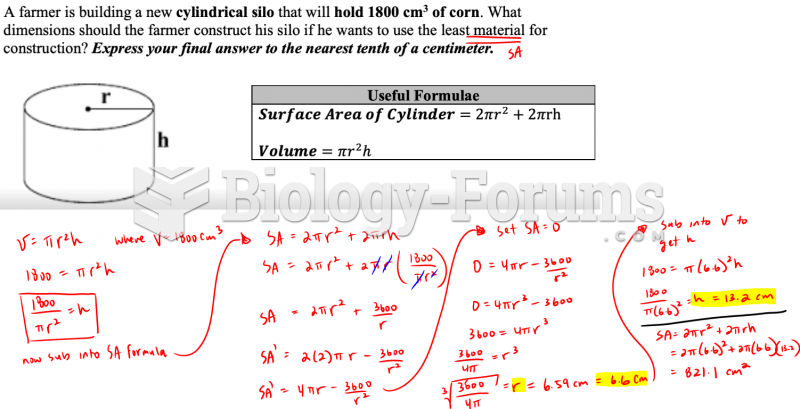Smedlap, a trucker, and Dewdney, a farmer, entered into a contract under which Smedlap agreed to haul all of Dewdney's 2012 pumpkin crop to market in time for Halloween sales. However, the day before Smedlap was to pick up the pumpkins, he called Dewdney and told him that, since he had received such a good offer to buy his truck, he had sold it and therefore was not able to haul Dewdney's pumpkins. There was not enough time for Smedlap to buy another truck, but he was sure that Dewdney could make other arrangements and he hoped that he hadn't unduly inconvenienced him. Unfortunately, Dewdney was not able to make arrangements in time for the Halloween market, and instead he had to sell his crop to a pie-filling canner for much less than he could reasonably have expected at the market. Furthermore, the market owners were so disappointed by Dewdney's failure to deliver that they refused to give him their usual order for Christmas turkeys, in contrast to previous years, when this had generated his major income for the year. He was forced to find another outlet for his turkeys, and again he ended up selling to commercial processors for a substantially lower price. As a result of these two events, Dewdney was unable to keep up with his mortgage payments on the farm and eventually he lost it to the bank in a foreclosure action. Dewdney is now suing Smedlap to recover these losses. Identify the correct statement with respect to the question of whether Smedlap's conduct was a breach of contract.
◦ Smedlap simply cancelled the contract, which he was entitled to do as long as it was before performance was due.
◦ This was not a breach because Smedlap did not do it maliciously, and he gave Dewdney what he honestly believed was adequate notice to make other arrangements.
◦ This was a breach that consisted of self-induced frustration.
◦ Smedlap is not liable because it was not his fault that Dewdney was unable to make other suitable arrangements.
◦ The contract was discharged by frustration.







